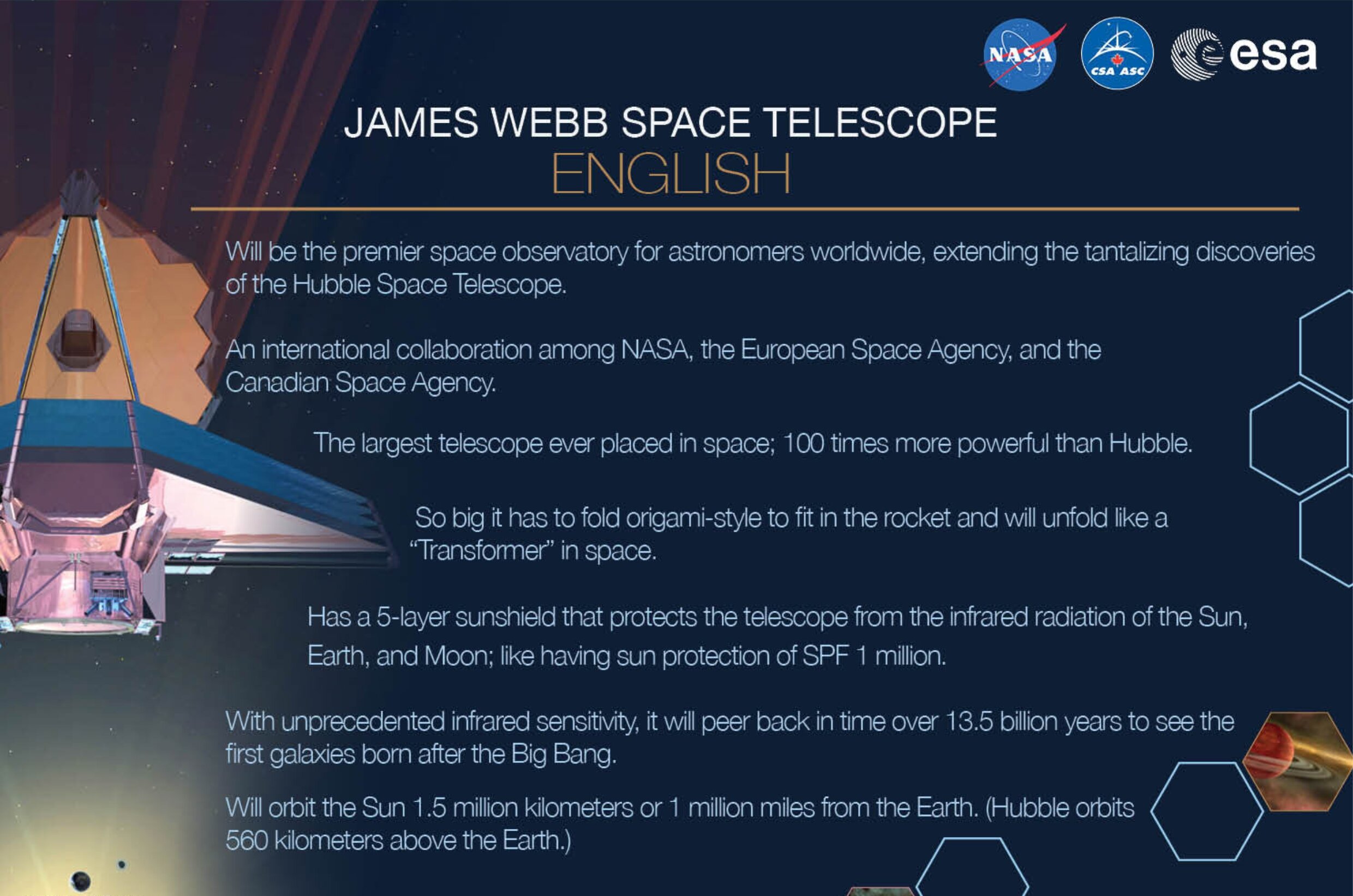Science & Technology
Gravitational Lensing
- 26 Aug 2019
- 3 min read
USA's space agency NASA is planning to launch James Webb Space Telescope (JWST) in 2021, which will use a natural phenomenon called “gravitational lensing” to carry out astronomical observations.
- JWST will study every phase in the history of our Universe, ranging from the first luminous glows after the Big Bang, to the formation of solar systems capable of supporting life on planets like Earth, to the evolution of our own Solar System, etc.
- For achieving this objective NASA has launched a program called Targeting Extremely Magnified Panchromatic Lensed Arcs and Their Extended Star Formation, or TEMPLATES.
Gravitational Lensing
- The phenomenon of gravitational lensing occurs when a huge amount of matter, such as a massive galaxy, cluster of galaxies or a black hole, creates a gravitational field that distorts and magnifies the light from objects behind it.
- Gravitational lensing is based on Einstein's theory of general relativity (Mass bend light).
- Normal lenses such as the ones in a magnifying glass work by bending light rays that pass through them in a process known as refraction, in order to focus the light somewhere else.
- Similarly, the gravitational field of a massive object causes light rays passing close to that object to be bent and refocused somewhere else.
- The more massive the object, the stronger its gravitational field and hence the greater the bending of light rays - just like using denser materials to make optical lenses results in a greater amount of refraction.
- In effect, gravitational lenses act like natural cosmic telescopes.
- The effect allows researchers to study the details of early galaxies too far away to be seen otherwise with even the most powerful space telescopes.
- However, gravitational lensing is very rare as it requires a distant star, black hole and the observer on earth to be well-aligned.
- Also, it can help astronomers to know about black holes, dark matter, etc.





